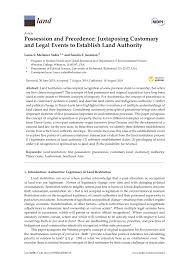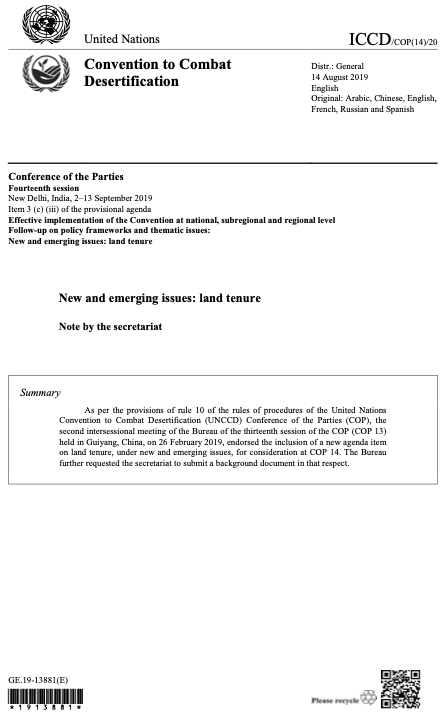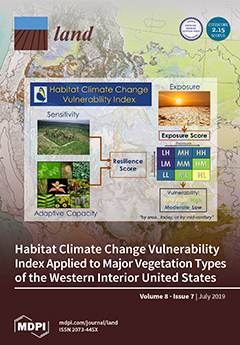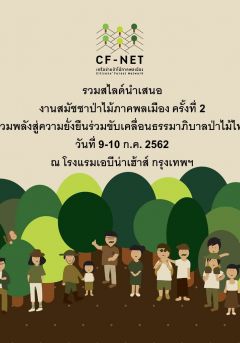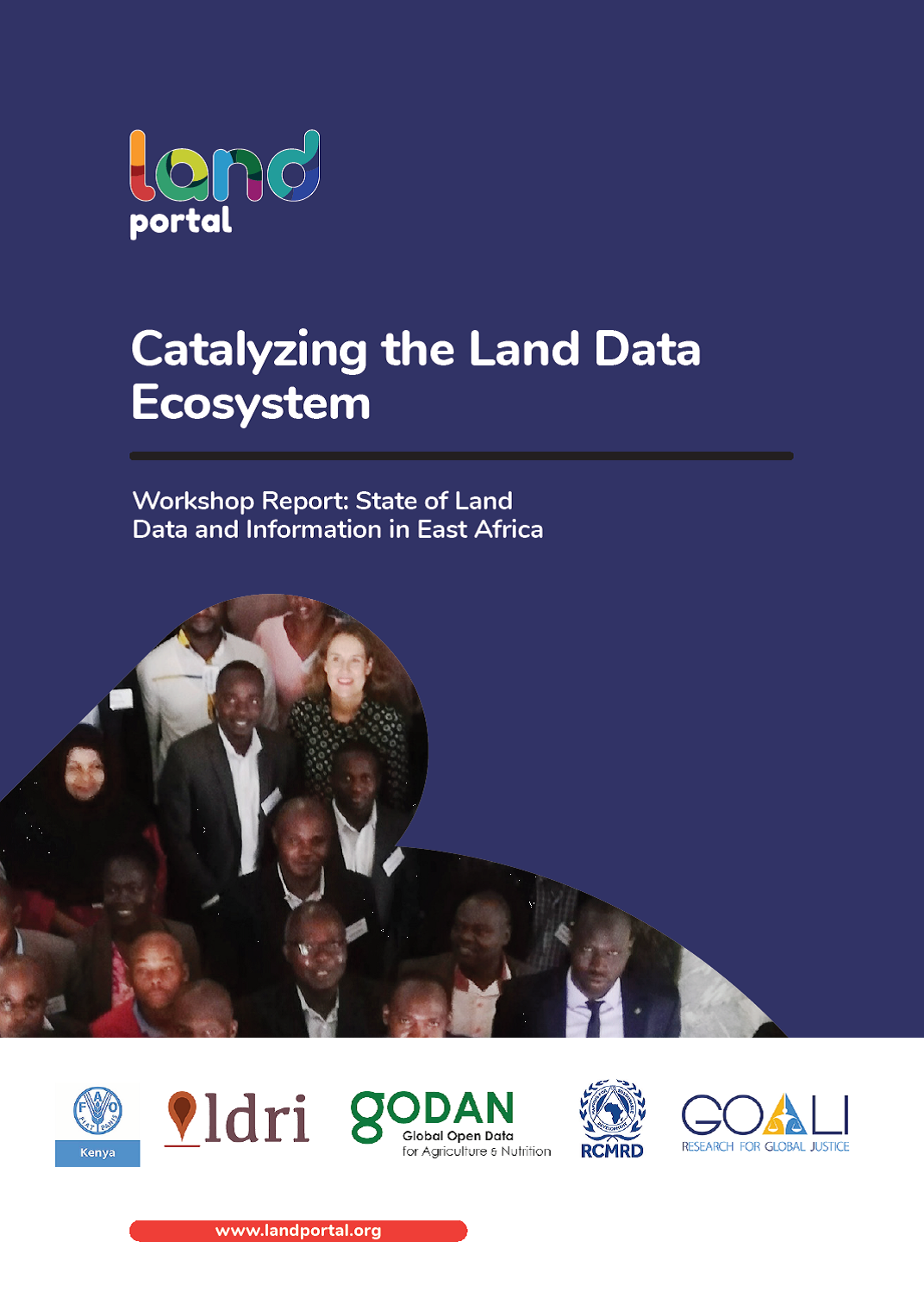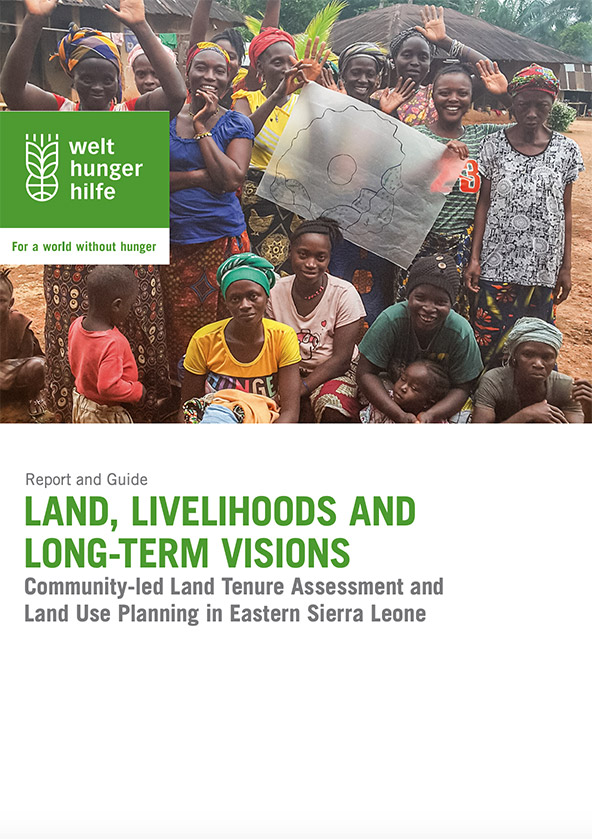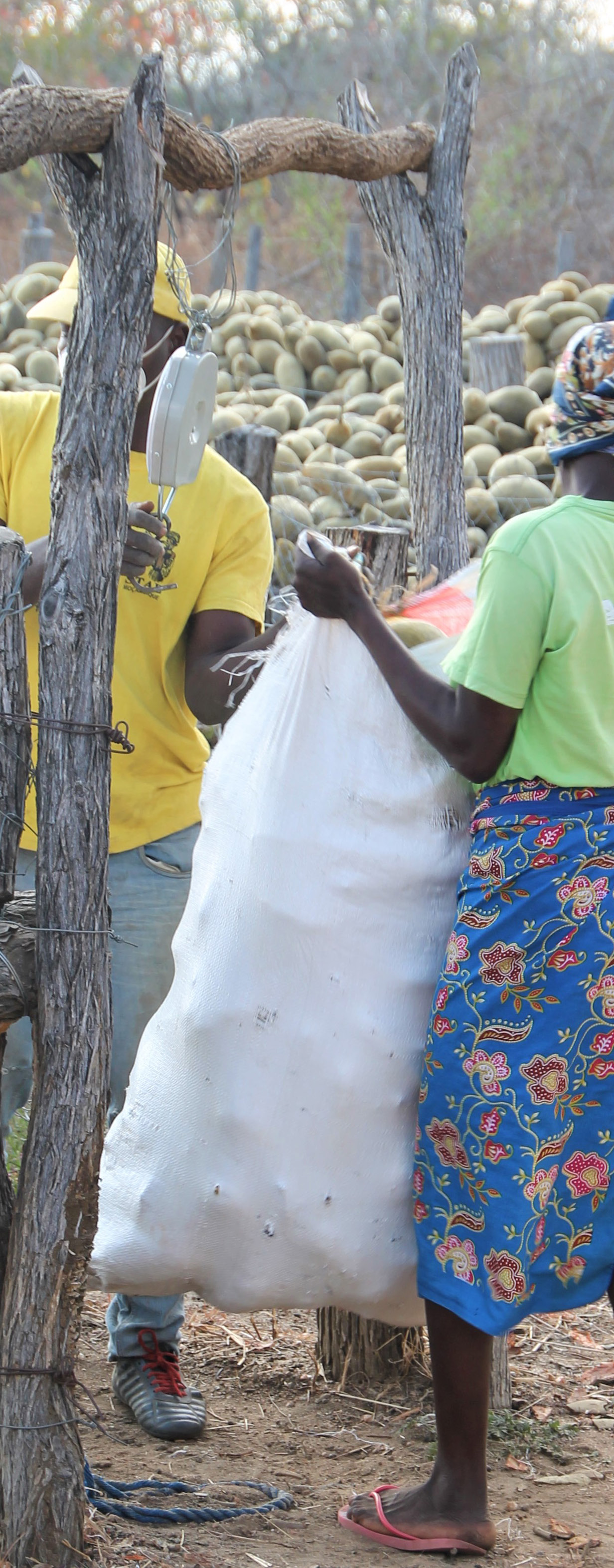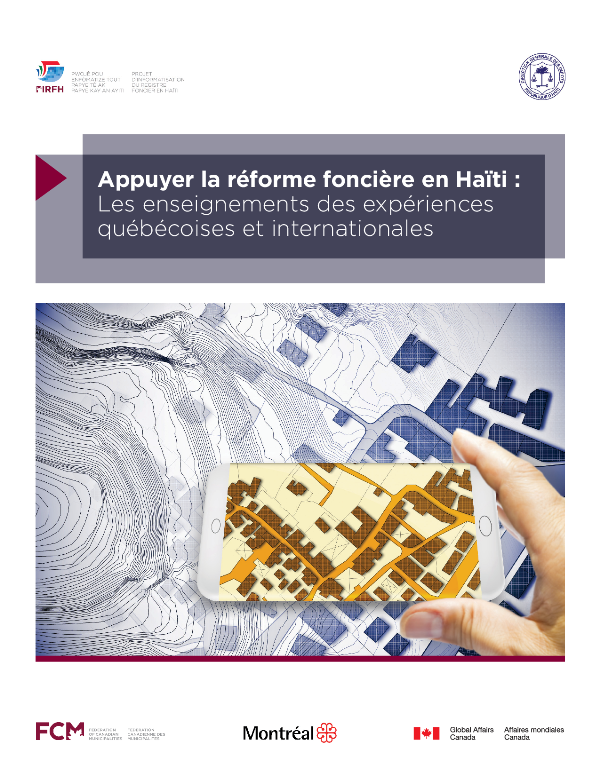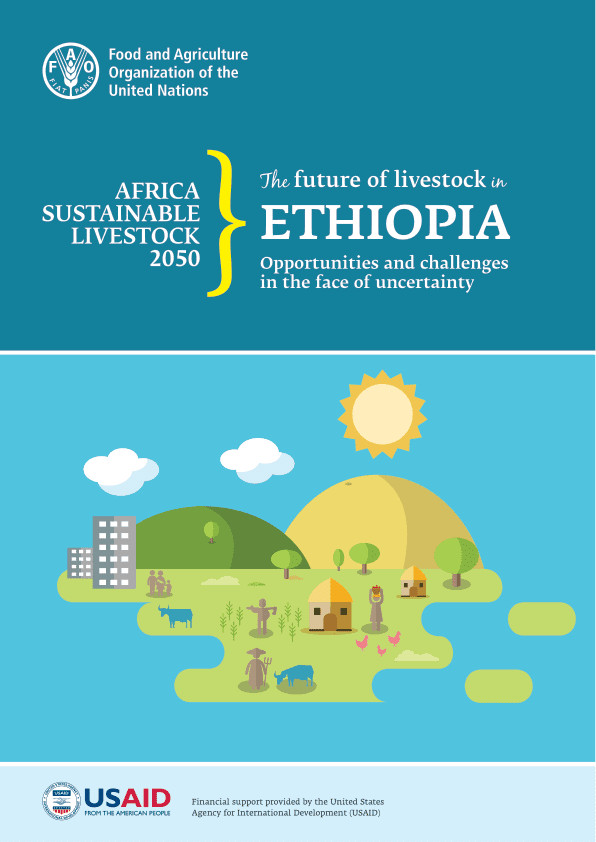Possession and Precedence: Juxtaposing Customary and Legal Events to Establish Land Authority
Land restitution carries implicit recognition of some previous claim to ownership, but when are first claims recognized? The concepts of first possession and original acquisition have long been used as entry points to Western concepts of property. For Austronesia, the concept of precedence is used in customary systems to justify and describe land claims and Indigenous authority. Conflict and political change in Timor-Leste have highlighted the co-existence of multiple understandings of land claims and their legitimacy.

